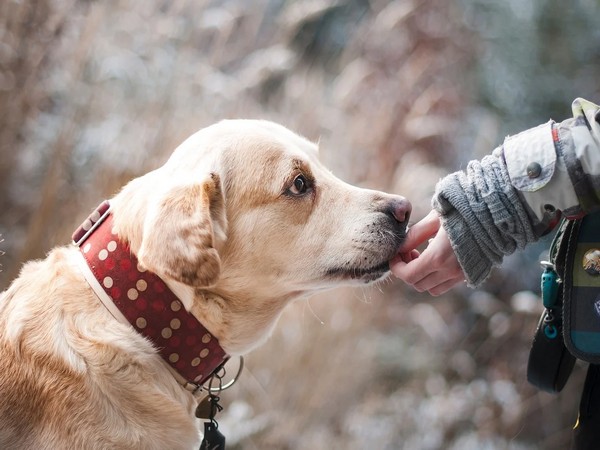


Fleas can be a real threat to a puppy’s health. They can quickly become an infestation and cause your puppy discomfort and illness. But it won’t just be your puppy suffering—fleas can also make their way onto humans, causing itchy bites and severe allergic reactions.
Fortunately, there are several steps you can take to keep your puppy free from fleas and protect it from any potential infestations. Here are seven tips on how to do just that:
Using flea-control products like topical medication, sprays, and collars can help keep your puppy’s fur free of fleas. Talk to your vet about which products for puppy flea treatments are best for your pup, and apply them regularly. It will help to reduce the chances of flea infestation.
It also helps reduce the risk of flea allergy dermatitis in your pup, which can cause redness and irritation. Also, it can help keep other pets in your home flea-free as well. Thus, it’s advised to not just focus on treating your pup, be sure to treat all of the pets in your home as well.
Keeping up with your puppy’s regular baths will help prevent fleas and keep their coat healthy. You can use a natural flea-repellent shampoo to protect your pup further. Some flea-repellent shampoos are made from essential oils such as eucalyptus, lavender, and cedarwood.
If you’re using a flea shampoo, leave it on your puppy’s coat for at least 10 minutes before rinsing. That way, it will seep through the puppy’s fur and allow the shampoo to spread evenly. After bathing your puppy, be sure to use a flea comb to check for any stragglers. It will help you remove any fleas that have managed to cling to your puppy’s fur.
Fleas thrive in warm temperatures and can quickly spread in your home. To help prevent fleas from taking over, treat your house with an insecticide or fogger. Make sure to keep your pup out of the house while it’s being treated.
If you’re using a fogger, be sure to read the label carefully and follow all instructions. But if you’d instead go the natural route, you could also make your own insecticide spray using essential oils such as citronella or tea tree oil.
Vacuuming can help reduce the number of fleas in your home. Be sure to vacuum carpets, furniture, and any other areas where fleas may hide. After each use, empty the vacuum bag or container and dispose of it in a sealed plastic bag.
If you have hardwood floors, use a damp mop to clean them. Fleas prefer warm, dry areas and the moisture from the mop should help discourage them from hanging around.
A quick look over your puppy’s fur can alert you to a potential flea infestation, allowing you to address it promptly. Please pay special attention to their underside, around the tail, and in and around their ears. If you spot something that looks like dirt but doesn’t wipe away quickly, it may be flea excrement and should be treated immediately.
Additionally, check your puppy’s skin for red bumps and scabs. Those are signs that your pup has been bitten by fleas and could also be indications of an infestation. If you notice any of these signs, it’s time to take action.
Your yard can be an ideal environment for fleas and their larvae, so keeping it clean and clear of debris is essential. Mow your grass regularly, rake up leaves, and remove any other potential hiding places where fleas may hide.
Additionally, consider applying insecticide or other pest control treatments if your yard is prone to fleas. Some methods, such as spraying, may be more effective than others, so it’s best to consult a professional before taking any action.
Finally, if you suspect your pup has fleas, consult your veterinarian to get a professional opinion on how to deal with the issue. Your vet can also provide advice on what else you can do to prevent and control flea infestations in the future. With their help, you can keep your puppy safe and flea-free. And, of course, keep them happy and healthy.
It’s also best to ask your vet about the most effective flea-control products for puppies and how to use them safely and correctly. That way, you can be sure that you’re taking all the necessary precautions to protect your pup from fleas.
Fleas can quickly become a problem for puppies, but with the proper care and maintenance, you can keep them away. Bathing your pup regularly, treating your home and yard, checking your pup for fleas, and using flea-control products are all essential steps in keeping your puppy free from these pesky pests! And don’t forget to consult your veterinarian to ensure that you’re taking the proper steps to keep your pup safe and healthy.